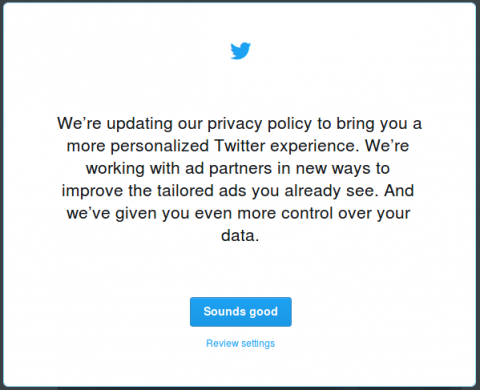The U.K. Pleads with Congress to Change an Outdated Privacy Law to Help Fight Terrorism
"[Paddy] McGuinness pleaded with Congress to make a “technical adjustment” to the Electronic Communications Privacy Act (ECPA), which among other things prohibits U.S. technology companies from disclosing stored communications to foreign governments. Instead, foreign law enforcement officials must request that data via the time-consuming Mutual Legal Assistance Treaty process, which can take months.
McGuinness said that since many criminals in the U.K. communicate using products and services made by U.S. companies, this “arbitrary” legal hurdle is causing crimes to go unsolved and criminals unpunished (see “Why Congress Can’t Seem to Fix This 30-Year-Old Law Governing Your Electronic Data”).


